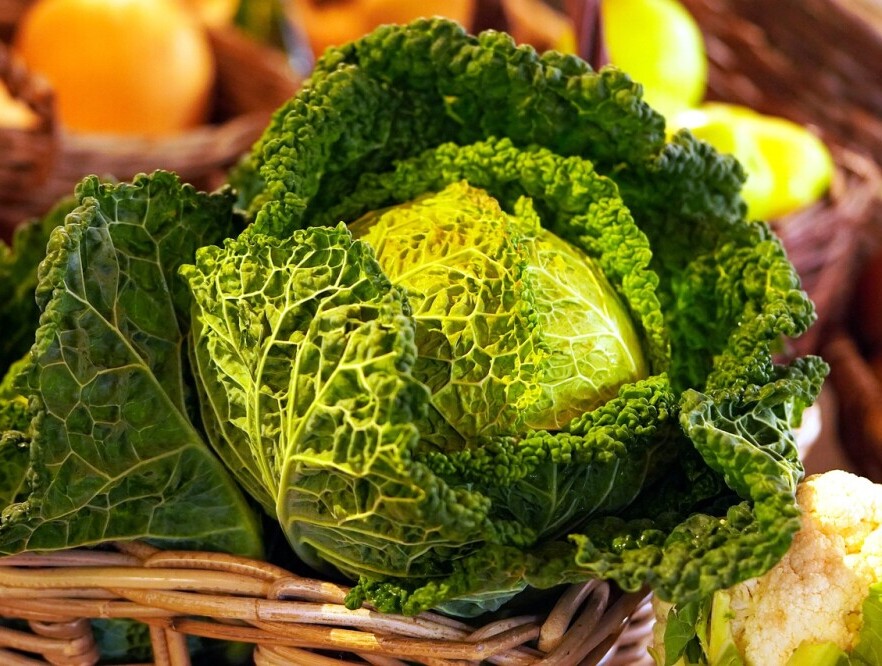Perimenopause can bring about all sorts of changes in your body and mind, and navigating these waters naturally can be a real game-changer. One way to tackle the symptoms head-on is by turning to herbal supplements.
The following may help with Perimenopause symptoms:
- Ginseng (helps improve fatigue and reduce stress)
- Black cohosh (for night sweats and hot flushes)
- When the herb St John’s wort is combined with black cohosh or , it may reduce hot flushes and improve your mood.
- Soy (contains isoflavones, a plant-based estrogen, which may help you adjust to the smaller amounts of estrogen). Be aware that soy products can interact with medications and synthetic estrogen and may increase your risk of other health conditions
- Vitamin D (You’re at higher risk for developing osteoporosis when your ovaries stop producing estrogen. Taking a vitamin D supplement will help strengthen your bones.)
- Some research has shown that hops, which contains a strong phytoestrogen (plant-based estrogen), may help reduce hot flushes, treat anxiety, stress and poor sleep.
- Chamomile is a gentle sedative and its relaxing action may help to improve sleep and reduce anxiety.
- Lemon balm, valerian and passionflower may improve sleep and reduce anxiety.
If you feel the need to try natural remedies for your perimenopause symptoms, try one at a time. Don’t overwhelm your body when it’s already adjusting to a new normal balance of hormones. Also, always consult your doctor when trying natural treatments or if symptoms are impacting your life.
Food is also important. What you eat has a massive impact on your symptoms. Omega-3 fatty acids, leafy greens, and whole grains are your new best friends. They help manage mood swings and combat fatigue. On the flip side, maybe skip the spicy stuff and caffeine. They might be making things worse.

Linseed (flaxseed) contains phytoestrogens, which act like estrogens. Linseeds can be added to mueslis or granola and linseed meal can be added to smoothies.
Foods high in iron can help perimenopause sypmtoms.
Foods high in iron include:
- fortified breakfast cereals
- white beans
- dark chocolate
- kidney beans
- tomatoes
- cashew nuts
- green vegetables, including broccoli, spinach, kale, asparagus, and parsley
During perimenopause, a person’s bone density can decrease. Calcium and vitamin D can help bone health in postmenopausal people.
Some dairy foods that contain high levels of calcium include:
- yogurt
- cheese, such as cottage cheese, mozzarella, and Cheddar
- milk
Some non-dairy options include:
- soy milk
- tofu
- chia seeds
A person can also find calcium in kale, broccoli, and orange juice.
Vitamin D is available in:
- fish, including salmon, trout, and sardines
- mushrooms
- milk
- soy milk
- Cheddar cheese
- lentils
- fortified breakfast cereals
Low circulating estrogen can play a significant role in weight gain. For weight management, try to incorporate foods high in fiber and antioxidants into your diet. Salt, sugar, and processed foods should be limited. One may also benefit from eating five or six smaller meals each day.
Lifestyle changes are where it gets interesting. Ever tried yoga or meditation? These aren’t just for relaxation. They can actually help steady those wild hormones and keep stress at bay. Getting regular exercise, like a brisk walk or a dance class, can also help ease some of the typical perimenopause symptoms. It’s all about finding a rhythm that works for you and sticking to it.

Consulting a Naturopath: A Holistic Approach
Meeting with a naturopath can feel like stepping into a different world of healthcare. You won’t find the standard one-size-fits-all approach here. Instead, naturopaths take the time to look at the big picture, including everything from diet to emotional well-being. Your first visit is likely to be an in-depth conversation about your lifestyle and health history, laying the foundation for a personalized plan.
Incorporating both natural and conventional treatments, a naturopath might suggest a range of therapies. This could include dietary changes, stress management techniques, and supplements tailored to your unique needs. The goal here is to support your body’s natural healing abilities. It’s a team effort between you and your naturopath to tackle perimenopause symptoms holistically.
Among the common recommendations are natural supplements known for their balancing effects. Evening primrose oil often makes the list, especially for those pesky hot flushes. Black cohosh is another popular choice, tapped for its potential in providing relief from mood changes and night sweats. As mentioned above, always make sure to get advice from a healthcare professional to ensure these supplements won’t interfere with any existing medications or conditions you might have.
Beverages that Soothe: What to Drink During Perimenopause
Staying hydrated is more crucial than ever during perimenopause, and what you drink can make a noticeable difference. Water tops the list. It’s no secret that drinking plenty keeps your body balanced and helps flush out toxins that might worsen symptoms.
Herbal teas can come to the rescue when you need something with a little more flavor. Think chamomile for relaxation and peppermint for digestive comfort. Not only do these herbal infusions offer variety, but they’re also caffeine-free, making them a safer bet if you’re trying to minimize those nighttime restless spells.
Many women swear by soy-based drinks for a reason. They’re packed with phytoestrogens, natural compounds that might just mimic estrogen’s effects, helping to ease hot flushes. Giving them a try could be a natural addition to your routine.
Caffeine and alcohol? Maybe best kept at bay. These can sometimes heighten anxiety or disrupt sleep, making early mornings even harder. Reducing intake can help smooth the road.
For a refreshing treat, try crafting your own perimenopause-friendly drink. A blend of chilled herbal tea, a splash of juicy citrus, and a hint of honey makes for the perfect pick-me-up. Yummy! It’s all about finding what works for you and keeping it tasty, yet beneficial.
On a very practical note, to reduce hot flashes, you can try:
- dressing in layers that can be removed when a hot flash occurs
- carrying a portable fan
- quitting smoking, if applicable
Find some of the natural remedies discussed above on Amazon here:
- Ginseng
- Black cohosh
- St John’s wort
- Passionflower
- Soy
- Vitamin D
- Hops
- Chamomile
- Peppermint
- Soy-based drinks
- Lemon balm
- Valerian
- Passionflower
- Omega-3 fatty acids
- Linseed (flaxseed)
- Flaxseed Meal
- Calcium
- Evening primrose oil
Here’s a little transparency: Our website contains affiliate links. This means if you click and make a purchase, we may receive a small commission. Don’t worry, there’s no extra cost to you. It’s a simple way you can support our mission to bring you quality content.
Read next: Understanding Hormone Replacement Therapy: Is It Right For Perimenopause?
WelleCo products are a fantastic addition to your self-care routine during perimenopause. Their plant-based, nutrient-rich formulations, like the Super Elixir and Nourishing Protein, provide essential vitamins and minerals that support hormone balance, boost energy, and promote overall well-being. These products are designed to help ease common perimenopausal symptoms like fatigue, stress, and mood fluctuations, all while nourishing your body from the inside out. Incorporating WelleCo’s wellness solutions into your daily routine can make a noticeable difference in how you feel, supporting your journey to vibrant health and balance.
Click the image below to see more. 👇
Read next: WellCo The Goddess Elixir Review
